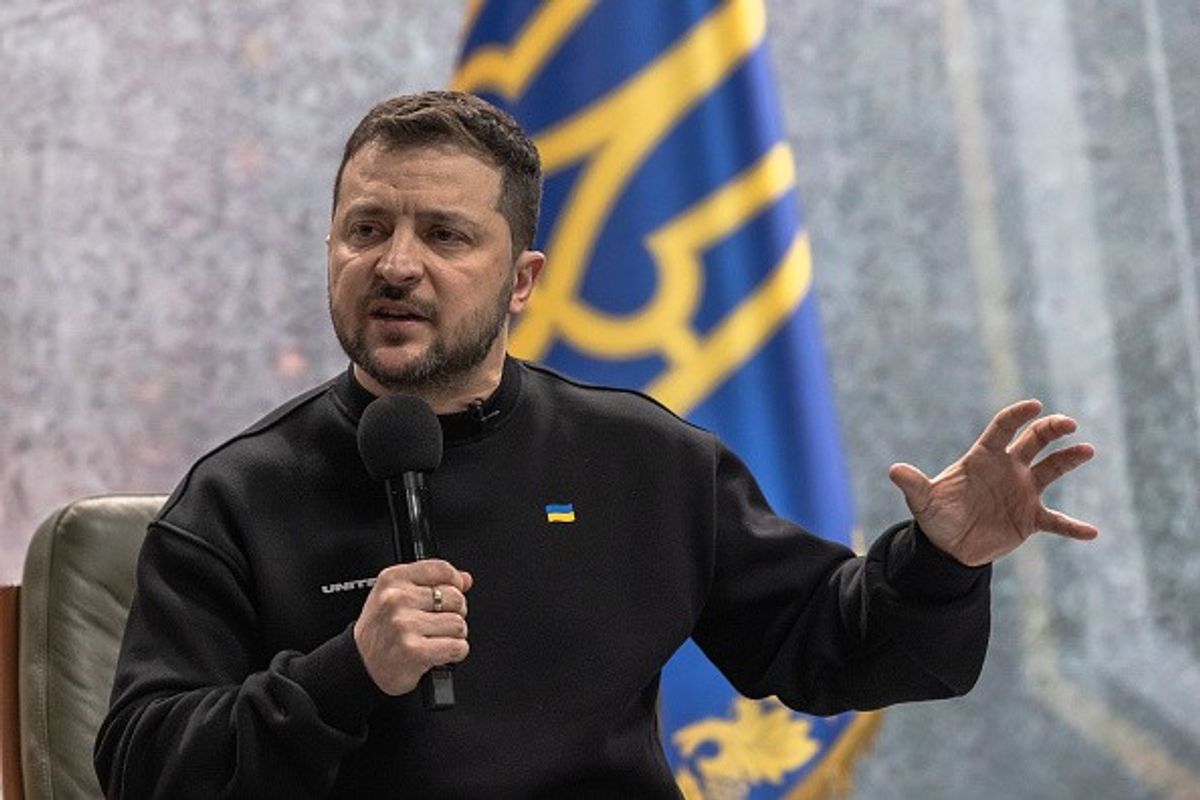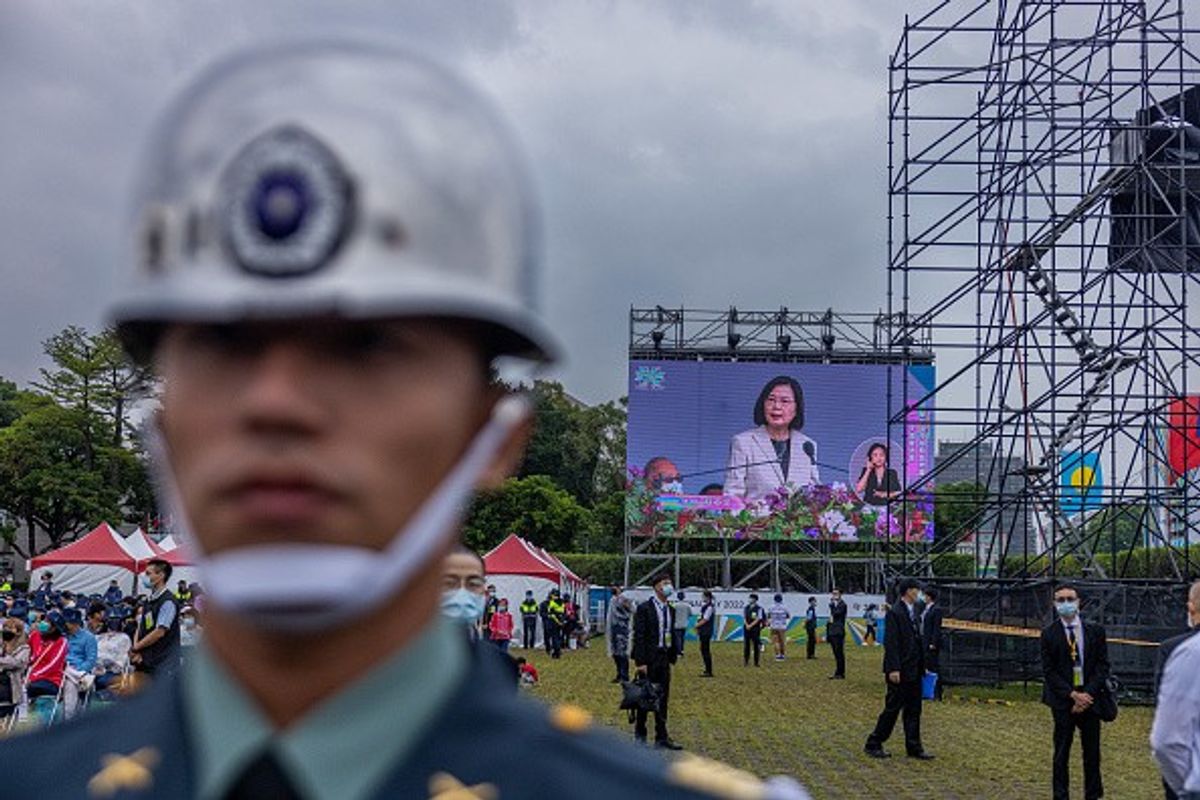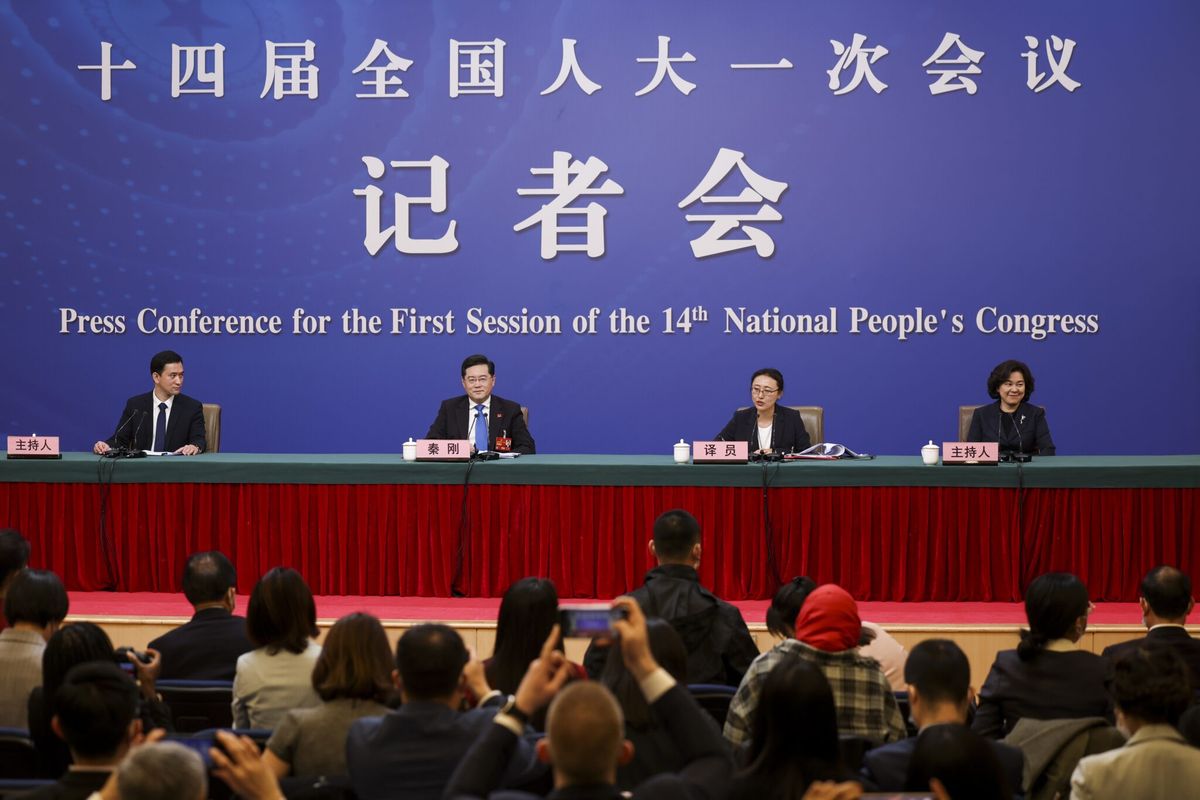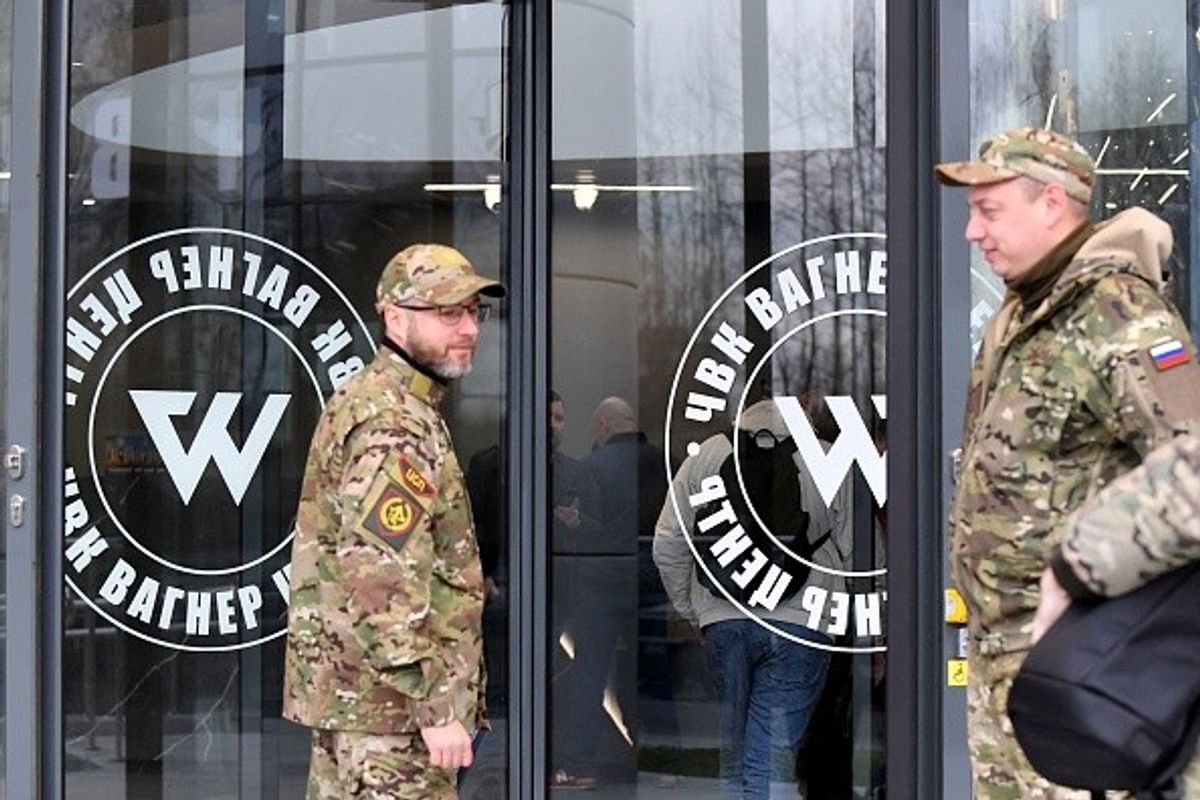A streak of mild weather across Europe has finally relented to colder temperatures and the possibility of controlled power cuts in places where energy supplies are thin.
As some experts note the beginnings of a global energy crisis, wildcards still abound in an environment marked by uncertain supplies, fluctuating demand, and unstable geopolitical conditions but there could be silver linings as the IEA signals a turning point toward a cleaner and more secure future.
The Cipher Brief spoke recently with Ben McWilliams, a consultant with Bruegel, a Brussels-based economic thinktank to talk about where this could be headed and why EU leaders must strike a grand energy bargain.
Expert Q&A
The Cipher Brief: Key factors such as full storage, lower demand and mild weather have lessened fears of a full-blown European energy crisis in early winter. Are these favorable trends equally distributed across Europe, and what weaknesses persist in Europe’s energy posture?
Ben McWilliams: In October, demand in the EU was about 25% down on average. This allowed storages to remain essentially full and is a positive sign that flexibility does exist on the gas grid to substantially reduce demand. As a result of lower demand, intra-day prices have been significantly lower than in past months.
However, storage is a finite resource. The EU is still reliant on imports from non-Russian partners and keeping demand 15% below average over the coming winter months. Cold weather, problems with non-Russian supplies, and competition for LNG on international markets are some of the key trends to monitor.
The Cipher Brief: While conditions today favor adequate European energy supplies, possible negative developments — extended cold weather, energy market instability, and even the potential for sabotage of energy infrastructure — could complicate this situation in months ahead. Which of these factors do you regard as most important, and why? What other energy “wildcards” might impact current situations?
McWilliams: Monitoring demand reduction is the most critical element for me. It is fundamentally important the size and type of demand reduction that occurs. The EU is transitioning into a new energy normal, and we still do not properly understand the flexibility of the system to adapt to this. What I am looking for, is economically sustainable demand reductions. By that, I mean households reducing demand by active behavioural change (and not just because it is warmer). Or industries, reducing demand but not output (possible by fuel-switching, or outsourcing low value-added, high gas consumption stages of the value chain). If the EU shows ‘economically sustainable’ demand reductions, then the outlook is more positive.
The two key exogenous variables to monitor are:
- Chinese LNG demand. Weak Chinese demand allowed the EU to significantly boost imports. If Chinese demand returns, markets will tighten.
- The power sector. Weak nuclear and hydro output have meant that the EU has increased gas consumption for electricity. The EU is desperate for flexibility in the power sector, and the ability to reduce gas consumption there.
The Cipher Brief: The G7 has confirmed plans to set price caps on Russian oil exports, creating a multi-tiered price structure for Russian energy on world markets. How is Russia likely to counter the European move, and what will be the impact of actions by other global oil producers and consumers on the G7 strategy?
McWilliams: Of course, Russia won’t like it and threatens to withdraw all supplies from those who implement the price cap. This depends on the position of India and China. If they go along with the price cap, Russia has no choice but to sell at capped price. If they reject the price cap, then Russia will still have a sizeable market to sell into. Fearing a global recession, and falling oil prices, OPEC+ recently cut production quotas by 2mnb/d. If prices spike during turbulence from the price cap – OPEC+ will face a difficult decision. They would have some space to boost production and calm global markets, but Russia will hold a veto and likely block any action. That would live Saudi Arabia in a politically precarious position (consider the backlash they got from cutting production a few months ago and imagine if prices again spike +100/150$/b and they do not move).
Subscriber+Members have a higher level of access to Cipher Brief Expert Perspectives and get exclusive access to The Dead Drop, the best national security gossip publication, if we do say so ourselves. Find out what you’re missing. Upgrade your access to Subscriber+ now.
The Cipher Brief: Even as Europe has reached over 90 percent gas storage capacity, observers warn this is a short-term remedy. The possible near-total loss of Russian energy supplies in 2023-2024 raises the urgency of curbing consumer and industrial energy demand, alongside finding ways to boost domestic energy production (e.g., via nuclear power or tapping underused gasfields). Considering the economic and political risks, what do you view as viable and crucial next steps for European states to take individually, and collectively?
McWilliams: European Union leaders must strike a grand energy bargain based on four broad principles: (i) all countries bringing forward every available supply-side flexibility (which in the short-run must include gas output in the EU – this does not contradict climate goals but instead substitutes the EU’s dash for gas on international markets), (ii) all countries making comprehensive efforts to reduce demand, (iii) a political committing to maintain energy markets and cross-border flows, (iv) compensation for the most vulnerable consumers. Much more detail on the "grand energy bargain" can be found in the Bruegel think tank analysis.
The Cipher Brief: The head of the International Energy Agency (IEA) recently warned that circumstances have created the “the first truly global energy crisis.” IEA chief Fatih Birol cited the Ukraine conflict, OPEC’s decision to cut production, and a possible surge in Chinese demand for energy supplies, among the reasons for concern extending beyond the coming winter season. How do you view the prospects for a “truly global energy crisis” in the near- and medium-term?
McWilliams: The past months have seen very high coal, gas, and oil prices globally, and some might argue we are already living through a global energy crisis. The big variable is oil markets and what happens over the next few months with i) EU’s ban on Russian imported crude oil and products, and ii) the G7 Russian oil price cap. OPEC+ has already committed to cutting production (and cannot easily reverse this position without Russia’s blessing). Hence, if the price cap / embargoes do not go smoothly, there is a real risk of oil prices spiking very high which would exasperate the current energy crisis significantly – and I think it would then leave little semantic doubt that the world enters a global energy crisis.
Read more expert-driven national security insights, perspective and analysis in The Cipher Brief














